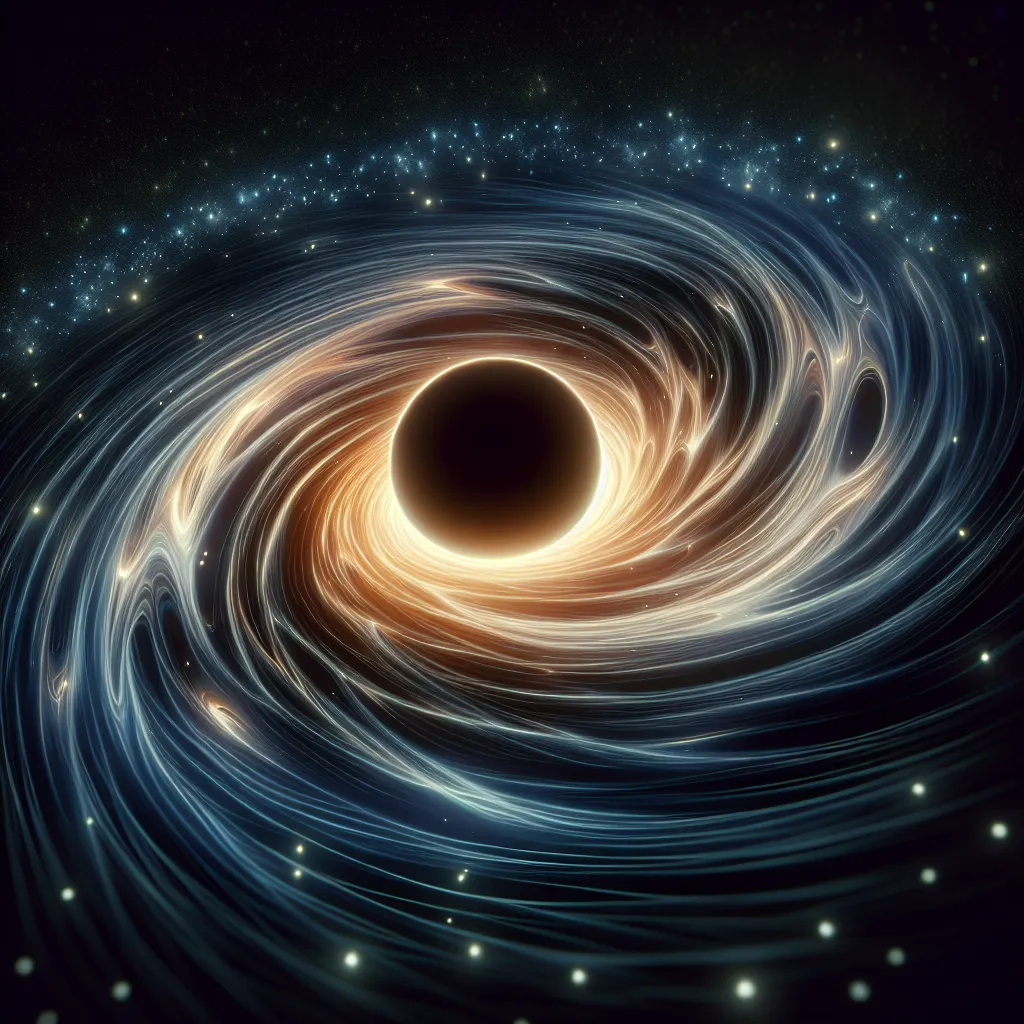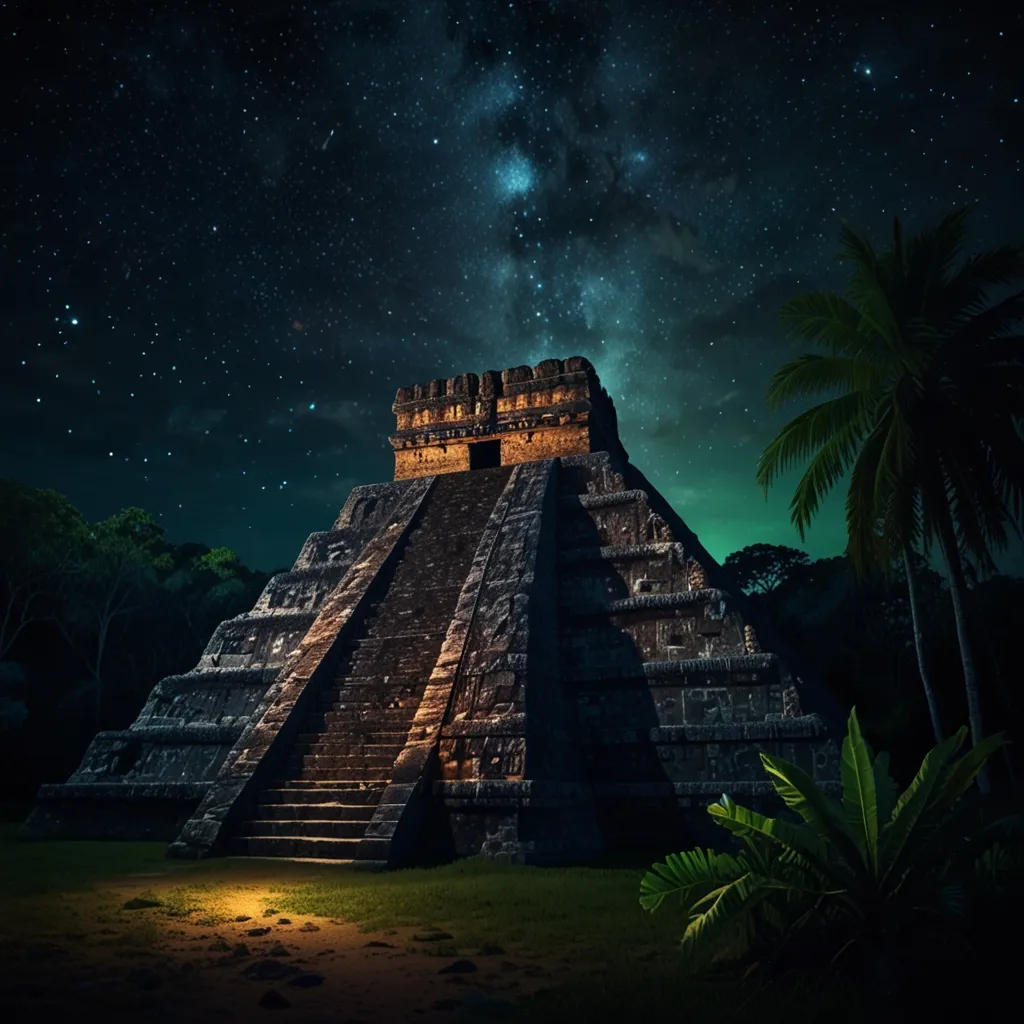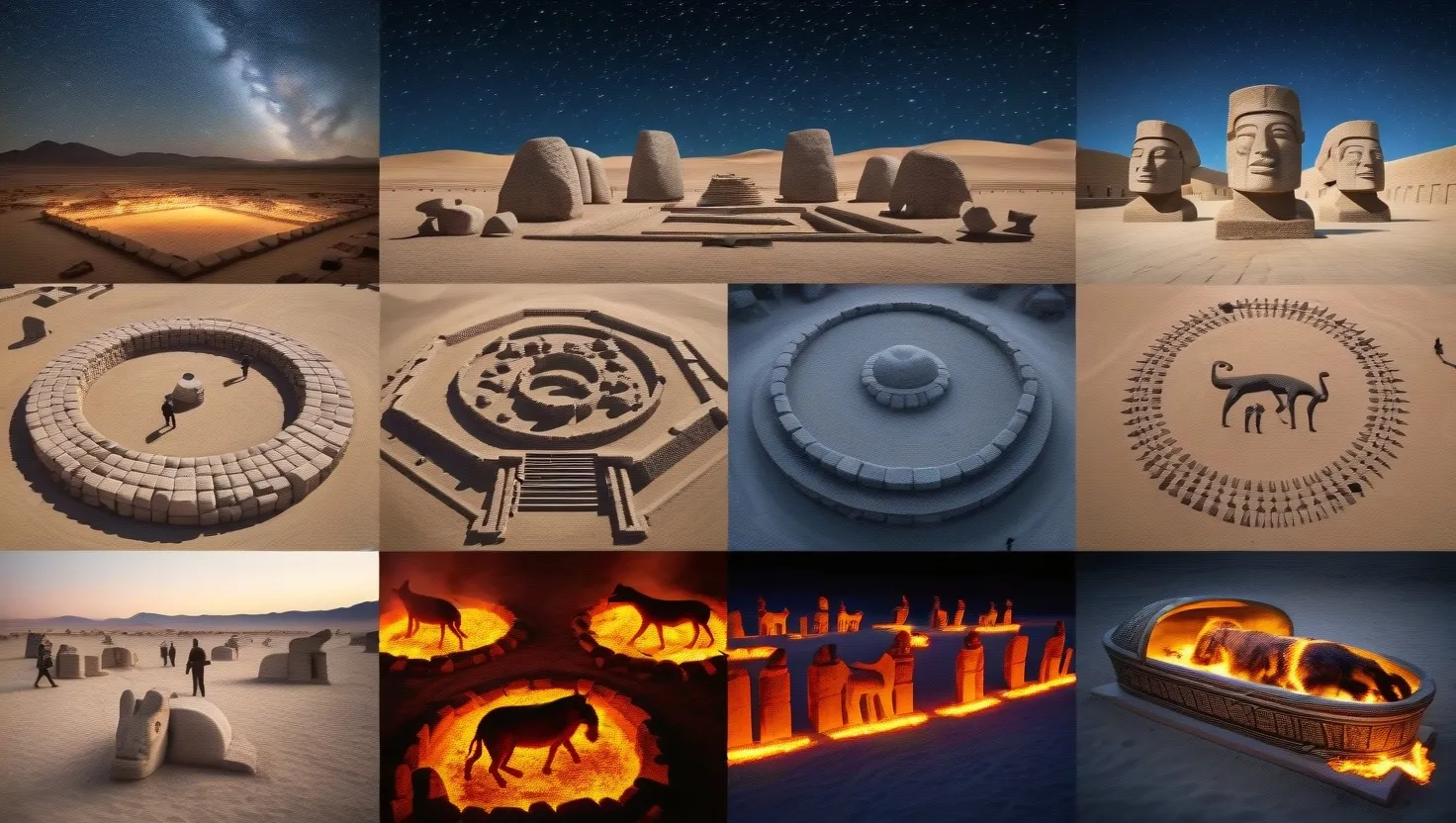Black holes are some of the most powerful and perplexing things in the universe. Imagine falling into one—it’s a wild ride into the unknown. To get it, we need to grasp that space and time aren’t fixed. They’re more like a flexible stage where the universe plays out its drama. When stars and planets are added, they bend the stage, creating gravity. But black holes take this to the next level. They’re like cosmic trapdoors where the usual rules don’t apply.
Most black holes are born when massive stars die. In their dying moments, these stars collapse so fiercely that they become incredibly dense, sort of breaking the cosmic stage. A black hole with ten times the Sun’s mass would only be 60 km across. Look at one, and you see nothing—a spot where not even light escapes, thanks to something called the Event Horizon.
But we can still “see” black holes by their effect on nearby matter. They can have disks of matter orbiting them, heated to billions of degrees, making them incredibly bright. But getting close is a different story. If you approach one, gravity gets so twisted that even light bends around, creating a funhouse mirror effect.
Time near a black hole becomes bizarre. The closer you get, the slower time moves. Fly away, and you might find centuries have passed in mere moments. However, the biggest danger is “spaghettification”—where the intense gravity stretches you into a thin stream of hot plasma.
Not all black holes are created equal. Smaller ones can spaghettify you outside the Event Horizon, but supermassive ones let you cross this point before tearing you apart. Beyond the Event Horizon, it’s all downhill—literally. Every direction pulls you inward to a singularity, a point of infinite density where normal physics breaks down.
These singularities are curious things. Every black hole, regardless of size, has its matter crushed into one of these points. The singularity wipes away any trace of what fell in, leaving only mass, spin, and electric charge as identifiable traits. They remind us of particles in their simplicity but represent a colossal mystery in our understanding of the universe.
Black holes also spin, because they form from stars that rotate rapidly. This spinning makes things even more complex, creating regions where space itself is dragged along—impossible to stay still, akin to being caught in a cosmic whirlpool.
As for the future, black holes will linger for unimaginable times, shrinking ever so slowly due to something called Hawking radiation. This process can take longer than the current age of the universe by colossal margins. Eventually, though, they’ll evaporate away, but that’s eons into the future.
Will we ever fully understand black holes? Maybe not. Our current theories likely fall short, especially when it comes to their insides. But not knowing keeps science alive, filled with mysteries to ponder and solve. We have plenty of time before the last black hole vanishes, plenty of time to unravel more secrets. For now, we can marvel at these cosmic enigmas and celebrate the journey of discovery they lead us on.






